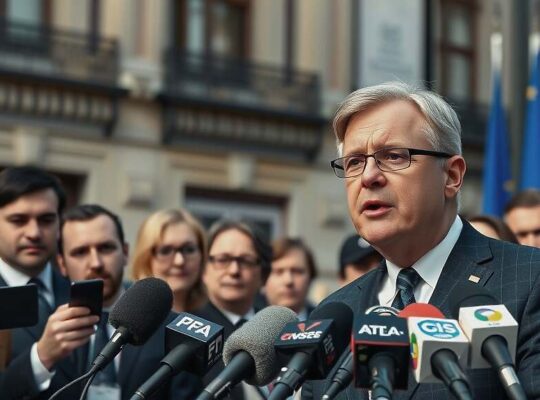German consumer advocacy groups are backing the development of a digital euro, a move framed as vital for European financial independence but fraught with potential pitfalls and sparking debate about its impact on consumer choice and privacy. Ramona Pop, head of the German Association of Consumer Advocacy Groups (VZBV), emphasized in recent statements that a digital euro offers a path towards reduced reliance on US-dominated payment services like PayPal, Visa and Mastercard, which currently exert significant influence over European transactions.
However, Pop stressed that the success of the initiative hinges on a consumer-centric design. The digital currency must be readily accessible, secure and uphold robust data protection measures. Crucially, she insists on zero transaction fees for both online and offline payments and a commitment to supplementing – rather than replacing – existing cash-based systems. Consumer autonomy in choosing payment methods, she argued, must be fiercely protected.
The European Central Bank, national central banks and EU lawmakers are currently accelerating work on the digital euro project. This effort aims to create electronic central bank money equivalent in status to physical currency and intended for widespread adoption throughout the Eurozone. The project has been presented as a strategic response to the growing popularity of electronic payments and the disproportionate control exerted by American companies within that landscape.
Despite assurances that the digital euro is not intended to instigate a gradual elimination of physical currency, anxieties persist regarding such an outcome. Critics worry about the potential for government overreach and reduced financial privacy if a digital currency dominates transactions. Concerns also revolve around the potential exclusion of vulnerable populations who lack access to digital infrastructure or technological literacy.
The planned launch date for the digital euro is currently slated for 2029, but significant legislative and technical hurdles remain. The project’s ultimate success will depend not only on its technological viability but also on its ability to alleviate public apprehensions and ensure it serves the best interests of European citizens, rather than facilitating a subtle shift towards centralized financial control.












